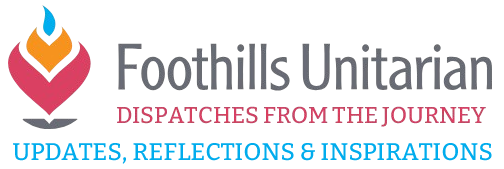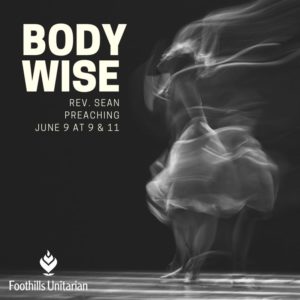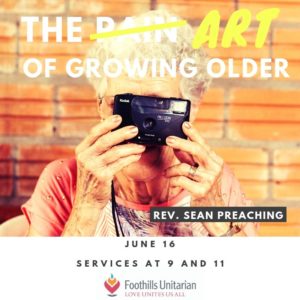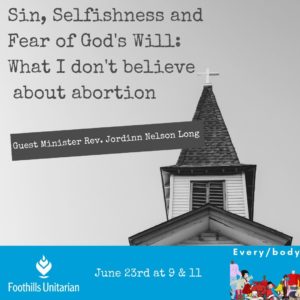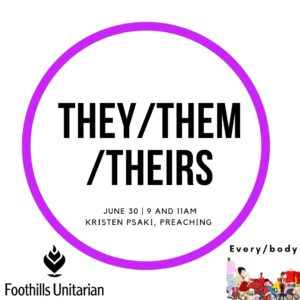We want to inform you about a significant update to our church directory, managed through Planning Center. This update is aimed at enhancing the security of your personal information and safeguarding our community from potential scams.
Background
Our Church Directory, accessible via ChurchCenter (either on the app or online), is available to those who have been invited. Generally only those who are eligible for membership will be invited. Each member has full control over what information they choose to share within the directory.
What Changed and Why
Recently, Planning Center has made adjustments to the privacy settings in response to increasing reports of scammers exploiting church directories. These individuals have been known to impersonate pastors or trusted church members, deceiving people into giving them money. To combat this, Planning Center has introduced a new “Privacy Mode,” which automatically hides email addresses and phone numbers from public view. Instead, you can now connect with fellow members through a secure “Contact Me” button, allowing you to stay in touch while keeping your personal information protected.
Accessing the Directory
The directory is available only to members or those deeply engaged at Foothills, with access managed by our Foothills Admin Staff. If you would like to be added to the directory and currently do not have access, please let us know by filling out this form.
Deciding What Information to Share
If you’ve been invited to join the directory, you can decide what information to share, including details about your household members. You can choose to share your photo, birthday, address, phone number, and email, as well as which members of your household can be contacted through the secure “Contact Me” process. For more detailed instructions, visit this guide.
How to Contact Someone
Although this change was made by Planning Center, the directory remains a valuable tool for staying connected within our community. To learn how to use the directory effectively and securely, we encourage you to watch the following video:
To reach out to someone, search for their profile in the directory and click the “Contact Me” button. Your message will be sent directly to their primary email address, and any replies will come to your email. If the contact option is not available, it means that the person has chosen not to share their contact information.

An Alternate Way: Sharing Information with Group Members
At Foothills, we recognize that with a large congregation, sharing your information with everyone might not feel comfortable. However, you can still share your contact information with members of your small group or event attendees, such as at a potluck.
Using the ChurchCenter app, you can choose to share your information with the groups you are part of. By default, your name is visible to other group members if chat is enabled for your group, and group leaders can see all your contact information regardless of your privacy settings. You can also decide whether to share your picture, phone number, and email address. These settings can be customized for all groups or adjusted individually for each group.
For more detailed instructions on how to manage your settings, please refer to this guide.
As always we appreciate your feedback and would love to answer your questions.
For questions about accessing or using the directory please contact Jenn Powell.
For questions on Data Privacy contact Rev. Sean.
Policy Corner
Foothills Privacy Policy (3.3.5) emphasizes the importance of giving you control over your personal information. While before this change every person had control over their private information on the directory, the implementation of “Privacy Mode,” further protects private information shared in good faith from falling in the hands of bad actors.
While we could disable this feature and make all contact information visible, we have chosen not to do so. This is primarily to protect our community from exploitation and scams in accordance with our Protection of Children and Vulnerable Adults (3.3.3.5) policy that mandates we take every measure to prevent exploitation, including in our digital spaces. By enhancing privacy in the directory, we help ensure a safer environment for all members, especially those who may be more vulnerable.
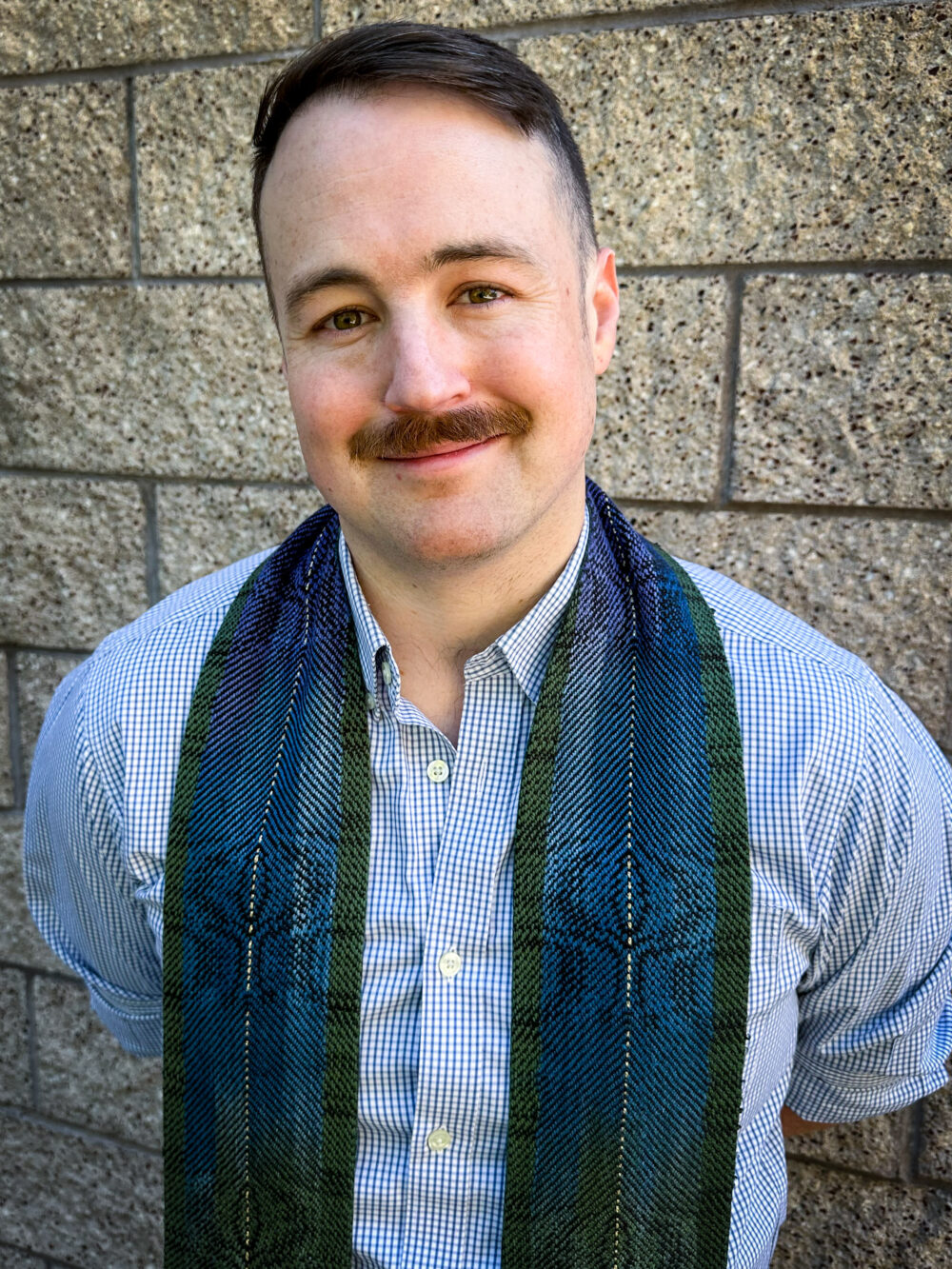
Rev. Sean is Foothills Acting Senior Minister while Rev. Gretchen is on Sabbatical.
Responsible for Worship, Justice Ministries, Faith Formation Strategies and sits on Foothills Executive Leadership Team with Director of Finances and Operations Katie Watkins.
Sean was born on Treaty 7 land in Calgary, Alberta, Canada, and comes to Foothills after four years in New England where he completed seminary at Harvard Divinity School where he studied alongside future imams, rabbis, justice activists, and other Unitarian Universalists. Sean is a self-proclaimed nerd — particularly about history, current politics, science, and Star Wars. Outside of ministry you will find Sean hiking or cooking up a storm with his partner Charles, watching his son’s basketball games, all under the watchful eye of their dog Dollie.
